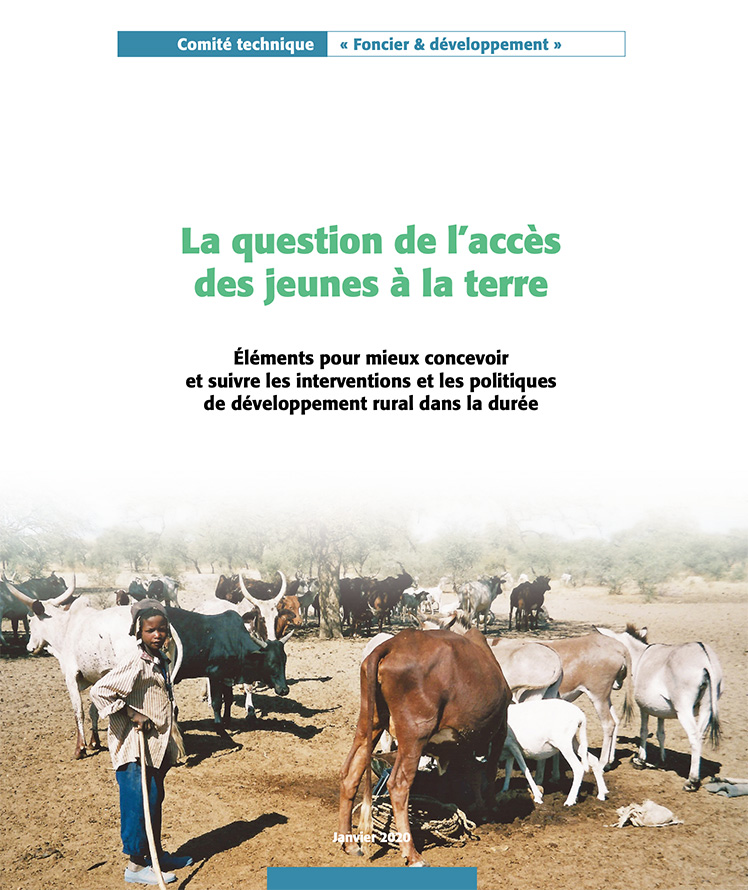The Land Question in the Food Sovereignty Project
This essay explores the changing landscape of food sovereignty politics in the shadow of the so-called ‘land grab’. While the food sovereignty movement emerged within a global agrarian crisis conjuncture triggered by northern dumping of foodstuffs, institutionalized in WTO trade rules, the twenty-first-century food, energy and financial crises intensify this crisis for the world’s rural poor (inflating prices of staple foods and agri-inputs) deepening the process of dispossession.



